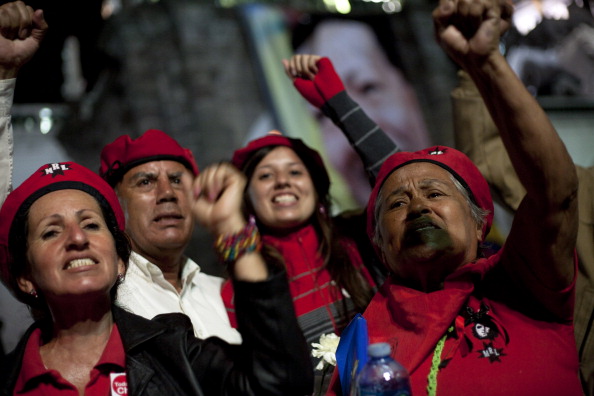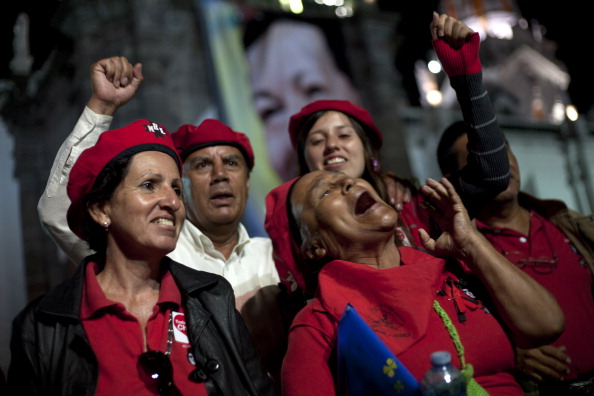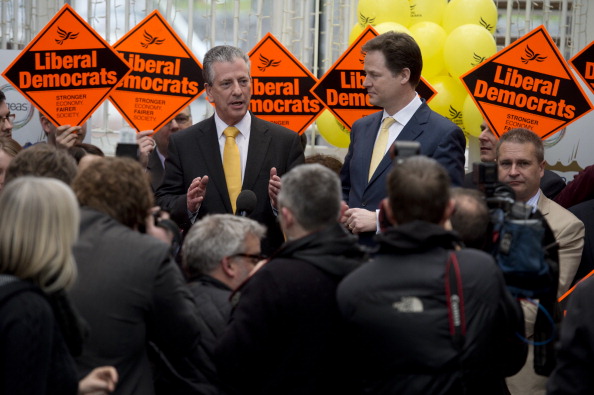Difference Between Socialism and Liberal Democracy

Socialism is a political and economic theory, according to which the means of production, distribution, exchange and all other resources are owned by the society, which is represented by a government. Goods are not produced because of market forces like profitability, consumers’ purchasing power or price; instead, they are manufactured and distributed according to the need of the society, in which every single individual is equal. Workers make contributions to the society as per their ability and receive according to their needs.
Liberal democracy, on the other hand, is a common form of a government, which is representative of the people and is bounded by a constitution to give them equal rights, freedom of expression and individual liberties.
Instructions
-
1
Socialism
In Socialism, no one is paid a regular salary or a wage. People are paid according to their needs and private processions are limited to personal belongings like clothes and shoes etc. People do not have the need or the ability to accumulate wealth; hence promoting the idea of equality.
According to the advocates of socialism, capitalism creates inequality in a society as the elite class captures all the resources and then exploits the workers, who get paid much less as compared to their contribution.
Things like shelter, food, education and medical facilities are provided to everyone equally, with no concept of poverty or classes based on wealth. The government would be responsible for production and distribution of goods and services.
The critics of socialism are of the opinion that this form of government is not sustainable because the individuals would not have any kind of a motivation to work hard.
Image courtesy: gettyimages.com
-
2
Liberal democracy
Liberal democracies are also called representative democracies. It is a form of a government in which people choose their representatives through free and fair elections. There can be a parliamentary form of government, headed by the prime minister or a presidential form of a government in which the president enjoys most of the executive powers. In most of the liberal democracies, the federal government has limited powers because many decission making rights are devolved to the regional or provincial governments.
People have the right to own their property and run a business. However, they are expected to pay taxes to government in return. Everyone has religious freedom as well as social liberties.
Image courtesy: gettyimages.com





